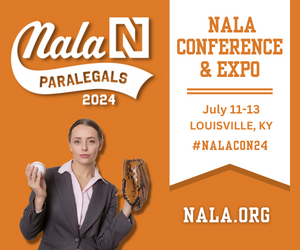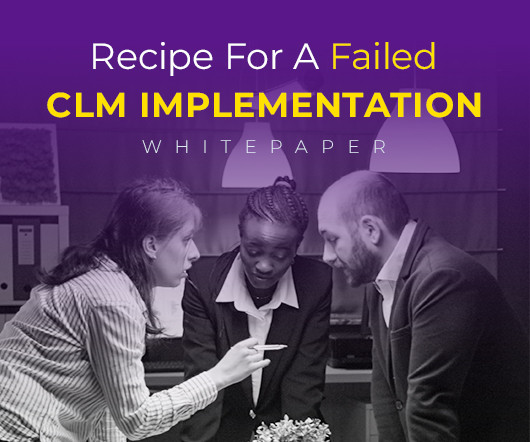Copyright Office Issues Letter In Support of Broadcast Performance Royalty - Suggests that Economic Comeback for Radio Makes Royalty More Affordable
Broadcast Law Blog
JUNE 8, 2010
According to a letter from the Copyright Office that has recently been made public, the economic troubles of broadcasters, which have been used to argue against the imposition of a performance royalty for the use of sound recordings by radio stations , are cyclical and are largely over. Thus, argues the letter, the improvement in the fortunes of radio stations merits a reexamination of whether the Performance Rights Act imposing such a royalty should be adopted.






































Let's personalize your content